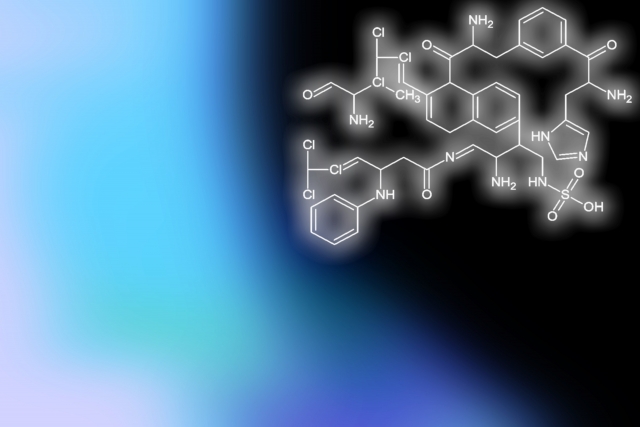
この記事の概要
Precision medicine utilizing genetic information is a new medical approach that provides optimal treatment based on a patient's genetic characteristics and environment. This article discusses the possibilities and challenges of precision medicine, describing examples of its use in cancer treatment, drug therapy, and disease risk prediction.
Introduction
Genetic information has recently undergone revolutionary advances in the field of medicine. By gaining a deeper understanding of the information that each of us carries in our genes, “precision medicine” based on individual constitutions, medical histories, and environmental factors is becoming a reality. This precision medicine will make it possible to propose the best treatment for each individual patient, instead of the conventional “one-size-fits-all” treatment methods. This article details how genetic information is helping precision medicine.
What is Precision Medicine?
Precision Medicine refers to an approach that optimizes treatment based on a patient’s genetic characteristics, environment, and lifestyle. While conventional medicine uses a “one-size-fits-all” approach to treatment, precision medicine analyzes individual genetic information and provides tailor-made treatments based on that information.
- Application of Precision Medicine in Cancer Treatment
- In the treatment of cancer, genetic information is of particular importance. For example, it is known that mutations in the BRCA1 and BRCA2 genes increase the risk of breast and ovarian cancer. Knowing these risks will enable appropriate preventive measures and screening for early detection.
- Research Link: The New England Journal of Medicine – BRCA1 and BRCA2 Mutations in Breast Cancer
- Drug Therapy Using Genetic Information
- Since each patient responds to drugs differently genetically, genetic information can be used to select the best drugs. For example, mutations in the CYP2D6 and CYP2C9 genes can affect the efficacy and side effects of certain drugs. Knowing this information in advance allows the best drug to be administered to the patient.
- Research link: Pharmacogenomics Journal – Genetic variations in CYP2D6 and response to medication
- Predicting Disease Risk with Genetic Testing
- In precision medicine, genetic testing can predict future disease risk and allow preventive measures to be taken. For example, mutations in the APOE gene are associated with the risk of developing Alzheimer’s disease. Such information can help patients and their families prepare for future health care.
- Research Link: Alzheimer’s Association – The Role of APOE in Alzheimer’s Disease
Challenges and Prospects for Precision Medicine
There are still several challenges to the realization of precision medicine. Data privacy protection, cost issues, and technological limitations are some of the challenges that need to be addressed. However, as the technology evolves, more accurate and effective precision medicine is expected to be realized.

Conclusion
Precision medicine utilizing genetic information has the potential to fundamentally change the future of medicine. As genetic research continues to advance, more effective preventive measures and treatments for more diseases will be developed. Precision medicine will also become an indispensable part of individual health care.


